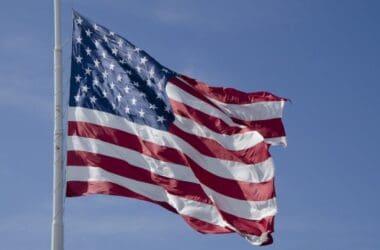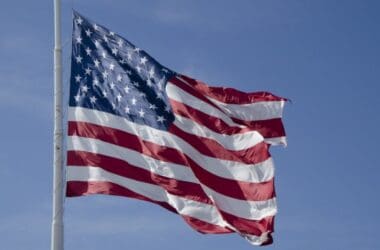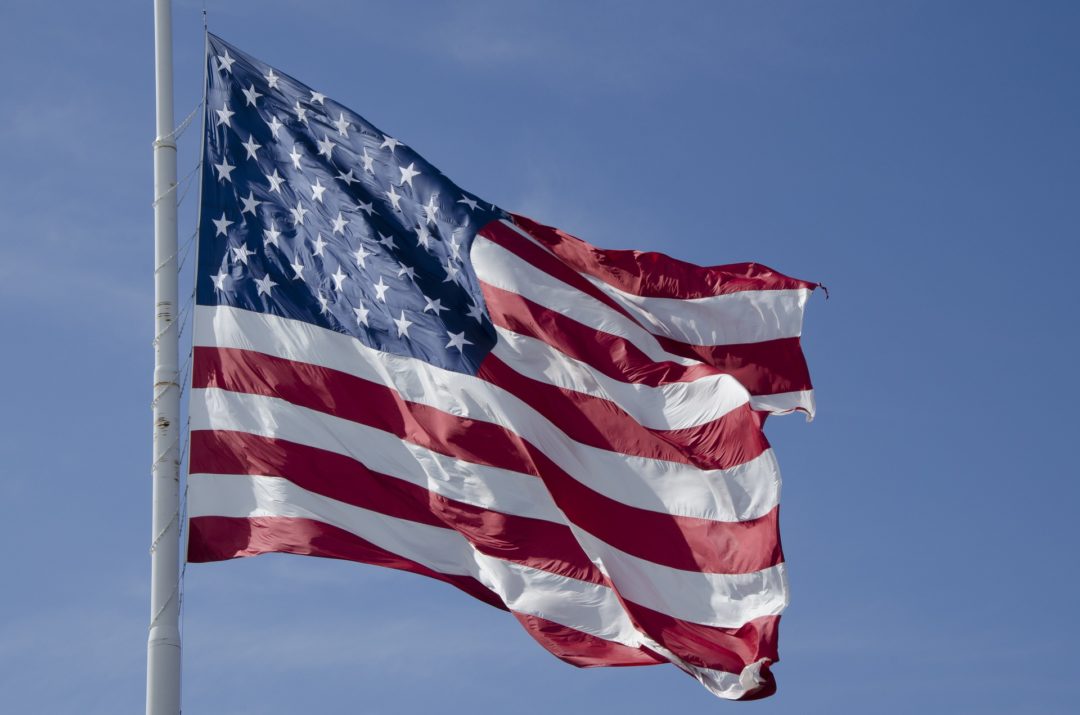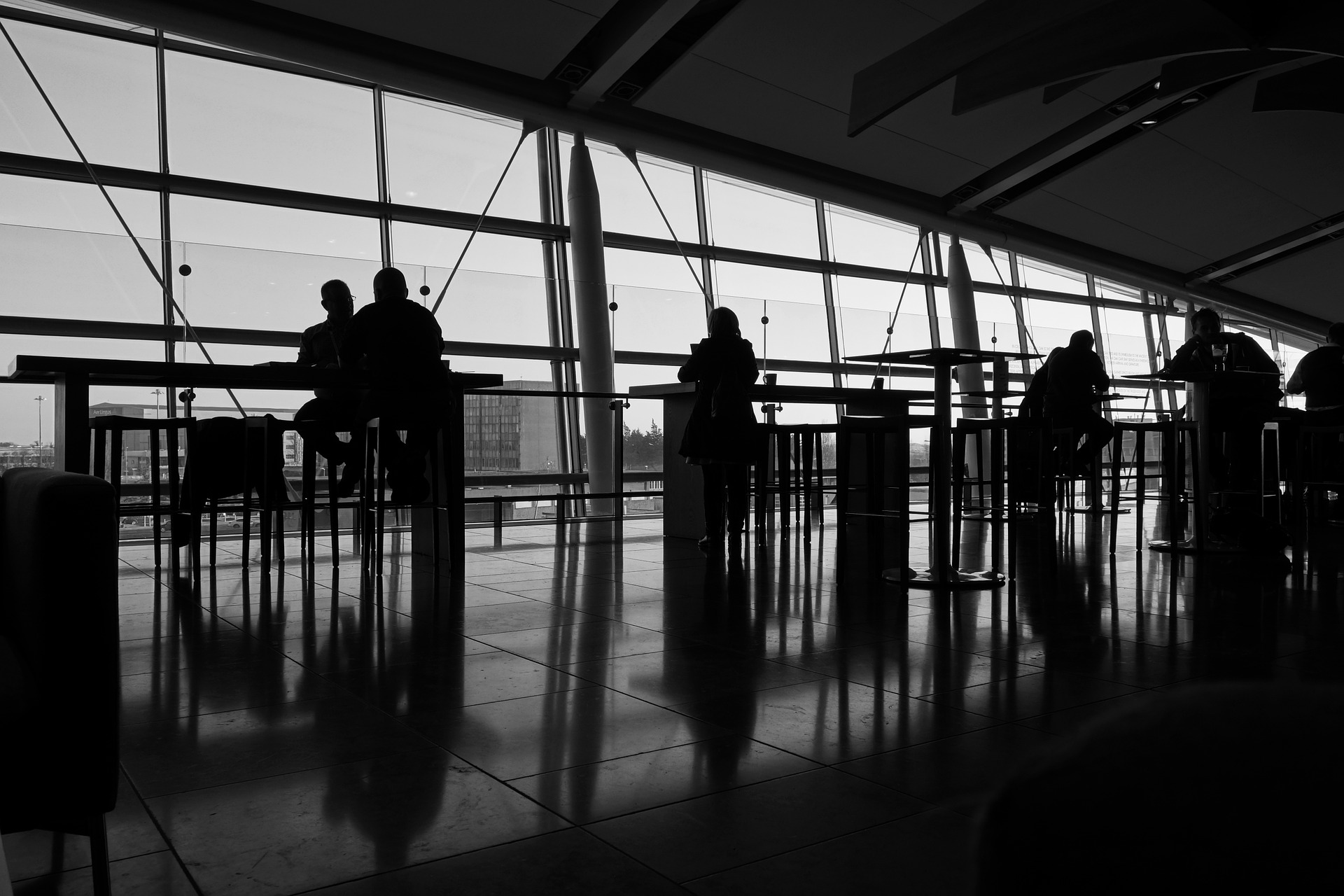Protestations of the end of time reached a new high late last week as news hit the interweb that Delta Air Lines had quietly removed SkyMiles award charts from public view. I’ve made clear what I think – Delta is headed full throttle for a purely revenue based program at some point. I can’t pretend to know what that will look like. I certainly made a little splash with my $0.01 = 1 screenshot, but that’s only one possibility. For now, that’s neither here nor there. I really want to talk about how we got here, so let’s look a few commonly repeated reasons that such big changes have come to frequent flier programs over the last few years.
- Mergers and a perceived or real reduction in competition.
- An increase in demand coupled with a reduction in capacity, and a fascinating (to me) newfound discipline on the part of airline managers in maintaining tight controls on capacity.
- Because they can.
Those Are Good But There’s One More in My Book
I would like to add another reason. I don’t profess that it carries anymore weight than any of the other reasons behind changes at the frequent flyer programs. I simply think it’s one that doesn’t get a lot of attention because it’s not the sort of thing that stirs up a lot of righteous indignation and emotion.
- Thanks to “big data” the airlines now know how much you are really worth to them.
Airlines have always collected a lot of data. The problem for them was that they really did not know what a lot of it meant, how to analyze it, or what to do with it. Over the years, management tools have been developed that have allowed airlines to leverage their data in new ways. One of those ways is to determine your unique worth as a customer. The problem for frequent flyers? Many of us aren’t worth as much as we think we are. Airlines know it, and right or wrong they are leveraging their market power within a high demand environment to wrestle out changes to their loyalty programs to better reward who they’ve convinced themselves they should be rewarding.
What to Do?
The best advice I ever gave anyone was this – make rational economic decisions for yourself. If you think you’re going to be better rewarded by flying a different airline, vote on the changes at your favorite loyalty program by taking your business elsewhere. On the other hand, time is the most valuable commodity we have, and I am less likely to waste any of it by pursuing oddball routings and unnecessary connections just for the sake of reaching some elite level in an airline program or to avoid an airline because they made me mad with changes to their points program. Do what’s best for you. In my case, living in Atlanta, it is often the best decision overall for me to fly Delta. I generally find their service and passenger experience to be the best of the big U.S. airlines, and I like flying with them. However, I will no longer automatically fly Delta. If I can save a few dollars with minimal inconvenience, I’m going to do it, like I did when I recently booked my first Southwest flights in a few years. (Image courtesy of Shutterstock.com)
As Brian Cohen said yesterday at The Gate, “The honeymoon is over, folks. It has been over. I do not like the changes any more than you do; but let us just move on and realize that there is more to travel than frequent travel loyalty program miles and points — like actually enjoying the travel itself?” (emphasis mine) Yes, there’s more to travel than miles and points, but we don’t have to just give up. Like I said, vote with your wallet, and that may mean voting with a flexible points option card from time to time too. There are still options out there to leverage points to help us enjoy more of our travels.
-MJ, February 8, 2015











Unfortunately your survey does not include an option (or options) that would permit me to respond. I, and many of us, saw the writing on the wall and moved over to AA and AS years ago. Those two airlines recognized the alienation that was created by the chaos of the UA/CO merger and chipping away at 1K benefits. AA proactively gave us a status match/challenge to make it attractive to move over…and although we can’t be sure how AAdvantage will look in 2017 (the year any major change like revenue-based mileage/status would come into force), for the time being we can enjoy the good old days of FF programs.
Very valid point regarding Alaska, David. Perhaps a new survey is in order in light of recent developments.
I think the nuanced take is that the mergers have given the industry the cojones to stop placing market share above margin, which led to all the ancillary fees and capacity discipline, which has led to big profits, which has led management to think they are invulnerable and thus content to give all but their true big fish the back of the hand.
The scale of these mega-carriers is so daunting it is also deterring new entrants from the industry despite the high fares and cheap oil. It may be a vicious cycle and even a down economy may not be enough to break the air trusts.
I hate to sound like a broken record but as far as the reasons for the changes in the airline industry, I think you can stop with number one. Everything else flows from that. The sad thing is when these mergers were approved the airlines promised that consumers would benefit. The regulators surely knew that was false.
Just sharing what you feel like you need to say. Your comments are always welcome here, John.
Looks like award dynamic variable pricing has arrived…
http://www.flyertalk.com/forum/24312528-post136.html
I saw this post. Another thing that makes me go hmmm.